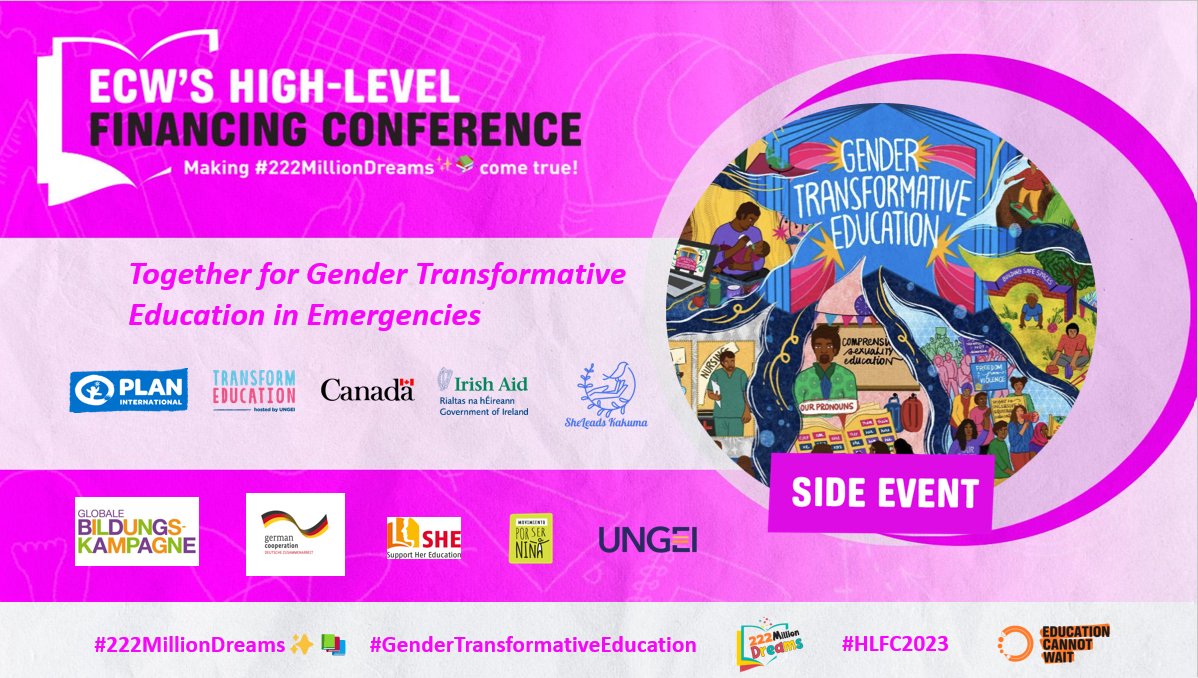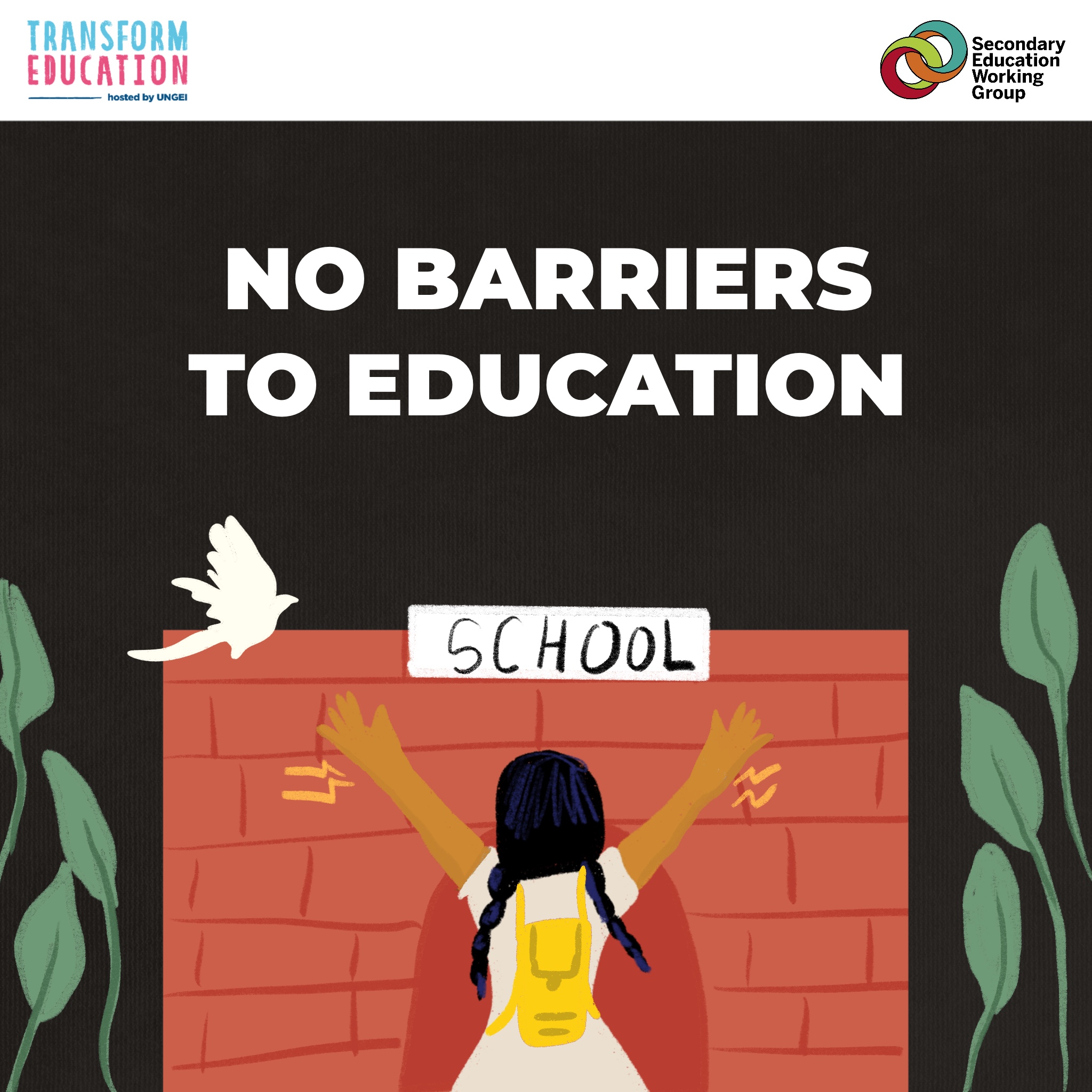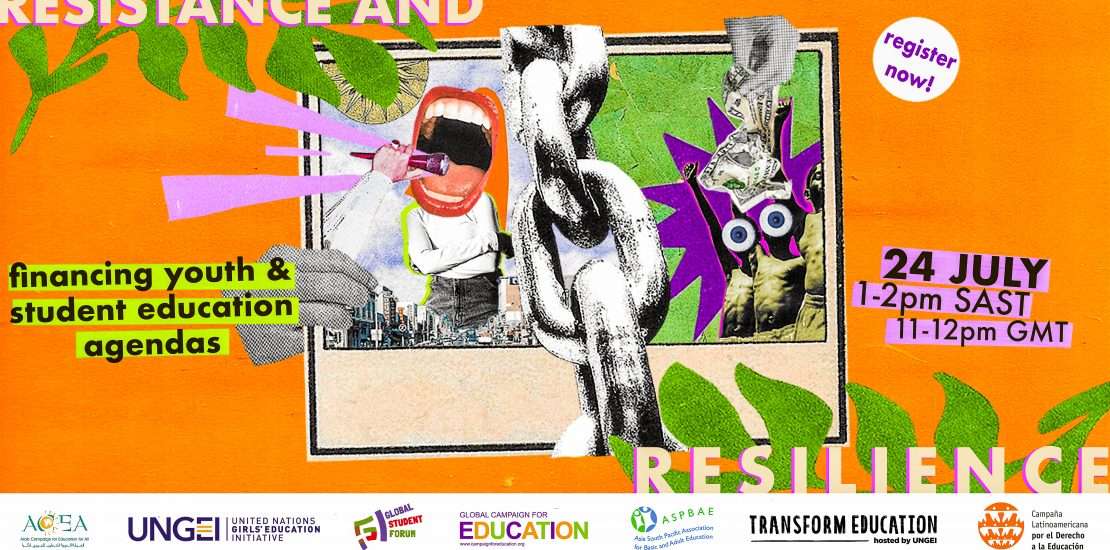The COVID-19 pandemic has exacerbated existing inequalities, disproportionately impacting girls’ rights to education, safety and bodily autonomy. To truly “build back equal”, gender equality must be at the centre of recovery plans and strategies. Convincing leaders to prioritise gender equality - including girls’ education - requires research to back up activists’ demands, recommendations and policy priorities. That’s where Feminae Carta comes in.
Feminae Carta is a new digital advocacy tool created by the MNR Foundation to provide activists with the research they need to speak out for girls’ and women’s rights, and show leaders why investing in gender equality is important. Too often research efforts do not include youth voices and perspectives. As a student-led initiative, Feminae Carta bridges this gap and ensures that young people are leading gender equality research, and coming up with creative solutions to the problems our generation is going to inherit.
A research-led digital advocacy tool, with youth at the forefront
Through research, recommendations and toolkits, Feminae Carta helps young activists understand the root causes of gender inequality around the world and equips them with the information they need to take action. This World Population Day, explore the highlights from youth researchers Anna Paula Bennech and Maurica Munga’s findings on Women’s Wellbeing, which covers health and gender-based violence.

Researcher: Anna Bennech, Brazil
Research Topic: Women’s Health in North and Latin America
One of the main theoretical frameworks that I found when conducting my research for Feminae Carta was intersectionality (Crenshaw, 1991). When taking an intersectional approach, the additional barriers to healthcare faced by women across the two regions I studied can be observed, due to intersectional identities encompassing gender, race and class. Nevertheless, intersections vary over time and are as plural as local contexts may be, including with regards to religion, gender identity, sexual orientation, and culture (Laurel, 2006).
Intersections merit consideration when identifying opportunities to invest in efficient health strategies and solutions for women in all their diversity. Building up opportunities to tackle women’s health challenges will require substantial institutional transformations from a gender equality perspective, which must go beyond cisgender standards and include transgender and gender non-binary individuals (Moseson et al. 2020). Women and girls in all their diversity are essential stakeholders for the decision-making processes in healthcare. Changing this reality demands us to actively listen to all women first, bringing their opinions, demands, and suggestions to the forefront. We need collective action from academia, governments, non-governmental institutions, and private initiatives.
Women and girls in all their diversity are essential stakeholders for the decision-making processes in healthcare.
Some successful experiences all over North and Latin America point out insightful strategies and alternatives that we must look closely at. The most important is to remember that the current reality is not unchangeable, nor is it natural – it was all defined by political action, human action. Accordingly, political action will also determine what will continue or change.
Women’s health challenges are intrinsically connected to political and social structures, such as misogyny and racism. As such, multi-dimensional problems demand multi-dimensional solutions involving multiple actors (Cerna, 2013). Structural struggles demand joint action – multidisciplinary, multisectoral, and multistakeholder (Mnandhar et al. 2018). Last but not least, we must “listen to the local”, whether individuals, organizations, or groups, and consider what they have to say. There is a need for greater partnership and coordination with civil society, which can boost the effectiveness of projects and local leadership.

Researcher: Maurice Munga, Kenya
Research Topic: Ending Gender-Based Violence in East and Central Asia
Gender based violence (GBV) refers to harmful acts directed to an individual based on gender. It is violence that occurs in the victim's lifetime. During displacement and times of crisis, the threat of GBV significantly increases for women and girls. According to UNHCR, gender-based violence can include sexual, physical, mental and economic harm inflicted in public or in private. It also includes threats of violence, coercion and manipulation. This can take many forms such as intimate partner violence, sexual violence, child marriage, female genital mutilation and so-called ‘honour crimes’. The consequences of gender-based violence are devastating and can have life-long repercussions for survivors. It can even lead to death. In my research for Feminae Carta, I focused on Central and East Asia in particular to understand what is needed to overcome gender-based violence in these regions.
According to (Bishkek 2018), the governments in East Asia and Central Asia need to have two main objectives as part of turning policies into action with regards to violence against women and girls. These include (1) bridging the gaps in compliance of national legal and policy frameworks with international standards and (2) fostering exchange of experiences within and outside the region to strengthen national legal and policy frameworks.
During displacement and times of crisis, the threat of GBV significantly increases for women and girls.
During the COVID-19 pandemic, civil society organizations have adopted campaigns and advocacy on GBV through use of social media platforms such as Facebook, Twitter, Blog posts, WhatsApp and Instagram. Creation of content via social media platforms has been used by both regions in disseminating information on offenders, violators of women rights and gender based violence laws. Many Central and East Asian countries have a major problem of social accountability in access to social justice, information of gender based violence and governance in terms of legal protection from institutions mandated to enact and enforce laws on women rights and gender based violence. While gender-based violence impacts many women and girls in these regions, there are still many ways that action can be taken to ensure that it comes to an end.



 English
English العربية
العربية Български
Български Hrvatski
Hrvatski Čeština
Čeština Dansk
Dansk Nederlands
Nederlands Suomi
Suomi Français
Français Deutsch
Deutsch Ελληνικά
Ελληνικά हिन्दी
हिन्दी Italiano
Italiano Română
Română Русский
Русский Español
Español Maltese
Maltese Zulu
Zulu አማርኛ
አማርኛ